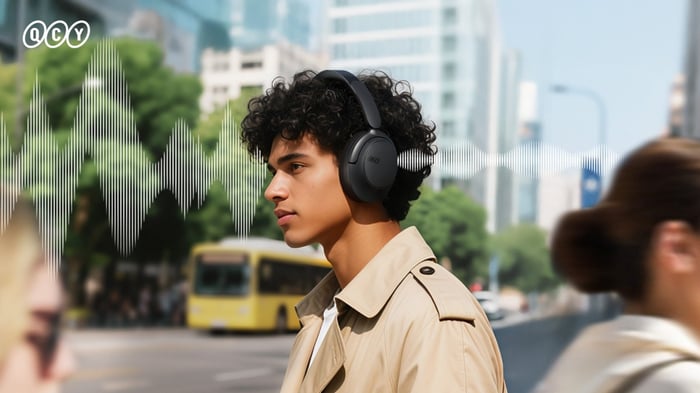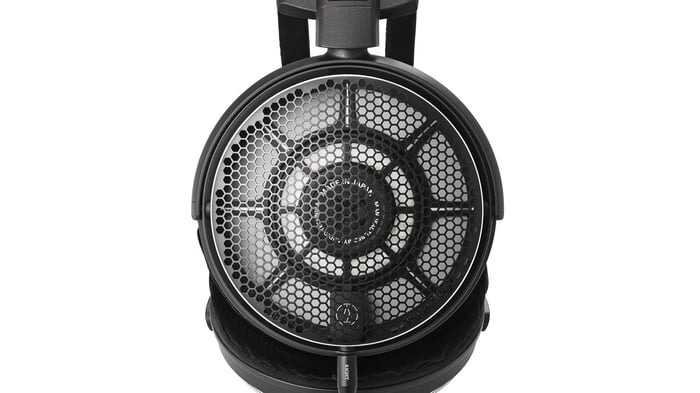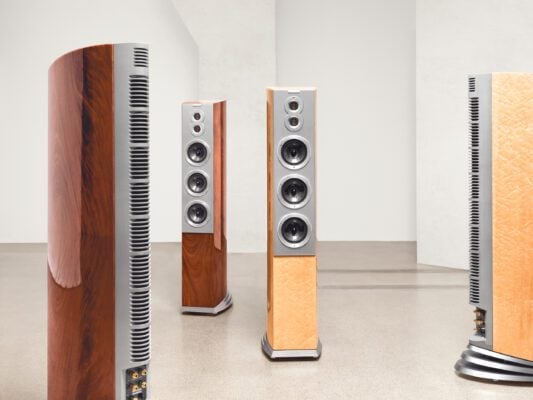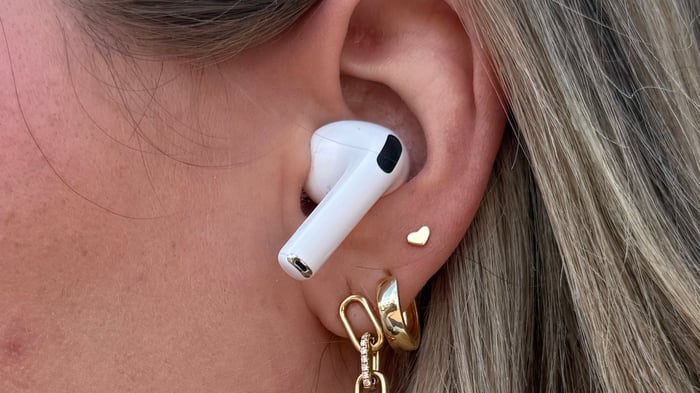
Apple Leads Again: AirPods Get Smarter While Pixel and Galaxy Fall Behind
Apple Leads Again: AirPods Get Smarter While Pixel and Galaxy Fall Behind
Apple’s AirPods smart upgrade in iOS 26 reshapes the earbuds game, leaving Pixel and Galaxy trailing in innovation.
AirPods in iOS 26: A Game-Changing Upgrade
Let me tell you, the new sleep feature in Apple AirPods with iOS 26 isn’t just a tiny tweak — it’s a full-blown revolution. For years, the premium earbuds competition felt like a predictable race: who had the best active noise cancellation (ANC), the clearest sound quality, or the longest battery life? Sure, those were exciting specs to watch unfold, but every new release felt like just a slight bump up from before.
Apple, however, decided to change the game quietly but dramatically. With iOS 26, AirPods aren’t just accessories anymore — they’ve turned into context-aware computers. This isn't just a new menu option; it’s an entirely new level of intelligence packed into your earbuds.
Your AirPods now use internal sensors, sync data with your Apple Watch, and analyze your movements (or lack thereof). In doing so, they genuinely recognize when you’ve drifted off to sleep. This is not a gimmick or a party trick; it’s a meaningful evolution in how earbuds interact with you.
When you fall asleep, AirPods automatically adjust: muting all notifications except emergency alerts you select, or turning down the volume if you nodded off while listening to a podcast. This is a huge leap beyond manual controls because now your earbuds actively monitor your state and adapt accordingly.
Why This Smart Leap Matters
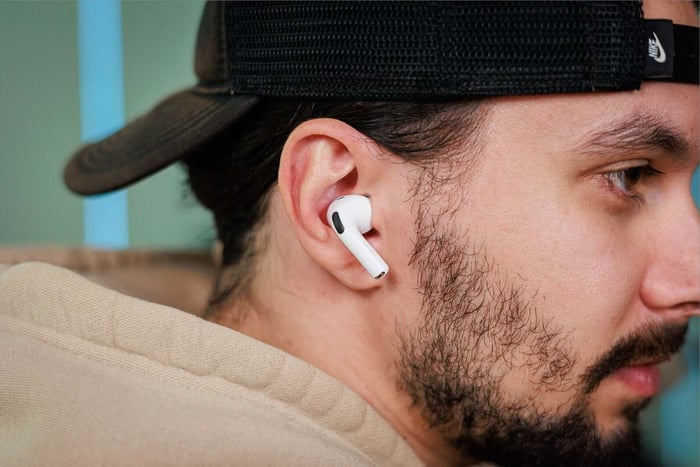
This is where the real competition kicks in. Let's be honest: Samsung’s Galaxy Buds 2 Pro and Google’s Pixel Buds Pro are fantastic. They boast impressive sound, effective ANC, and tighter integration with their Android ecosystems than ever before.
But Apple’s new sleep-aware feature uncovers a fundamental limitation in both rivals: they remain mostly reactive devices.
Take Samsung, for example. Galaxy Buds pack tons of features but rely heavily on user input. You have to tap to switch modes. You need to open the Galaxy Wearable app to access advanced settings. You must tell them what’s happening. Sure, they have “Conversation Detection” that pauses ANC when you start talking, but that’s a simple audio-triggered reaction. It’s a far cry from understanding a complex, passive state like sleep.
And then there’s Google — this is the puzzling part. Google brands itself as an AI-centric company. Pixel Buds Pro are excellent, but their “smart” capabilities feel shallow in comparison. Adaptive Sound adjusts volume based on ambient noise, yes, but it’s just a reactive setting. Live Translate is powerful but requires manual activation. Google has all the AI tech in the world, yet their earbuds don’t grasp your personal context: whether you’re jogging, in a meeting, or dozing off. That should be Google’s home turf, yet they’re nowhere near it.
Apple’s new AirPods feature highlights a growing innovation gap. While others focus on hardware specs, Apple is building a platform for personal computing that understands the environment and you. It’s also a brilliant, seamless way to care for your health.
By making sleep data collection easy and less intrusive (no bulky watches needed if that’s not your thing), Apple lowers the barrier for millions of users to gain meaningful insights into their wellbeing.
The Earbuds Race Gets Real
Honestly, the earbuds market has felt a bit stale lately — just a feature-for-feature arms race. We’ve seen many excellent products, but they all felt like slightly different shades of the same thing.
As someone who flips between all the major earbuds, I’ve never been disappointed by sound or noise cancellation. What annoyed me were the tiny, human moments: fumbling with my phone to mute a podcast while half-asleep, getting jolted awake by a notification I forgot to silence. These little annoyances reveal the real truth — these devices aren’t truly smart, just well-programmed accessories.
Apple’s new feature aims to fix that. It’s that magical “it just works” feeling the company is famous for. This is a direct challenge to Google and Samsung. The question is no longer “how good is your ANC?” but “how smart is your software?” The next battleground isn’t decibels, it’s data, context, and anticipation.
Will I use it? Absolutely. I’m already on iOS 26, and it genuinely makes life better. The technology fades into the background and just serves you — that’s the essence of true innovation. Google and Samsung, your move.
This new AirPods feature highlights a growing innovation gap in earbuds technology.
FAQ
- How do AirPods detect when I’m asleep? AirPods use internal sensors and sync data with your Apple Watch to analyze your movements and detect sleep states.
- Can Galaxy Buds or Pixel Buds do similar sleep detection? Currently, neither Galaxy Buds nor Pixel Buds have advanced sleep detection features like AirPods in iOS 26.
- Does the sleep feature affect battery life? The new sleep mode manages notifications and volume intelligently but doesn’t significantly impact battery performance.
- Is the sleep feature automatic or manual? It’s automatic; your AirPods sense your sleep state and adjust without needing manual input.
- Do I need an Apple Watch for this to work? While AirPods utilize Apple Watch data for better accuracy, they have internal sensors that contribute to detecting sleep independently.
If you’re a fan of iconic album covers and love displaying music history on your walls, why not shop for your favorite album cover poster at our store? It’s a perfect way to keep your passion alive beyond just listening.
 | DISCOUNTGET 30% OFF*Use code on your next order:
|
* This post may contain affiliate links, meaning we earn a commission if you make a purchase through these links, at no additional cost to you.



